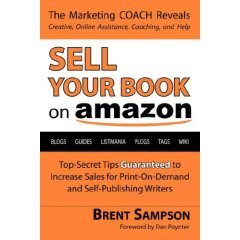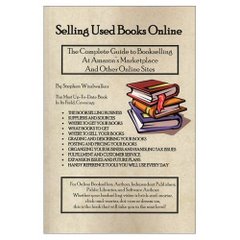Unleashing a 21st Century Movement
Of Writers, Readers, and Independent Publishers
What does the 21st century hold in store for writers, readers, and the book and publishing trades? Does the art of the written word stand a chance in a world whose bestseller lists are dominated by pop tarts and porn stars, ex-presidents and quarterbacks, plagiarists and political pundits, angry talkmeisters and brand-name novelists?
Stephen Windwalker believes there’s a better way, and he offers up both an intelligent critique of the status quo and a visionary road map to empower writers, readers, publishers, and the gatekeepers of the book trade in a revival of our literary culture.
“Very few of us are seriously motivated by a desire to become millionaire authors,” observes Windwalker, “but we’d like an honest chance to make a decent living writing good books and having people read them without having to grovel at the feet of middlemen who could care less whether they are dealing in books or bubble gum.”
In 2002 Stephen Windwalker wrote the book on online bookselling with a controversial niche bestseller that has helped booksellers sell over 25 million books. Now, with Beyond the Literary-Industrial Complex, he widens his horizons to explore the rapidly shifting songs of the book publishing world, and his searing critique and empowering prescriptions could revolutionize the relationships between writers, readers, and publishers in the 21st century.
Windwalker claims never to have known Gutenberg, but otherwise he has done it all in the world of the written word: he studied his writing craft early on with Robert Lowell and Kurt Vonnegut Jr., edited one of the country’s oldest, most prestigious literary magazines, founded and ran a neighborhood bookstore in Boston’s most diverse community, wrote on the book business for American Bookseller magazine, the Boston Globe, and the Independent Online Booksellers Association newsletter, and held key positions on both the editorial and marketing sides of the world’s smallest – and largest – publishing and media companies. He is a proud member of the Boston chapter of the National Writers Union (AFL-CIO).
All of which equips him uniquely to light the way for independent-minded authors, readers, and publishers to join in unleashing the power of a 21st-century “indie movement” that could rival the movements that have helped revitalize American music and film in the late 20th century. His hopeful claim is a simple one: writers, readers, publishers, booksellers, libraries, and our literary culture can all thrive in a more independent future.


No comments:
Post a Comment